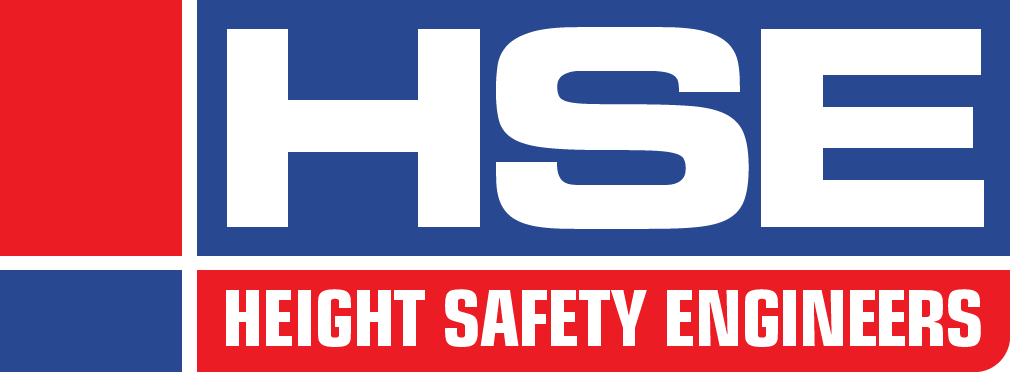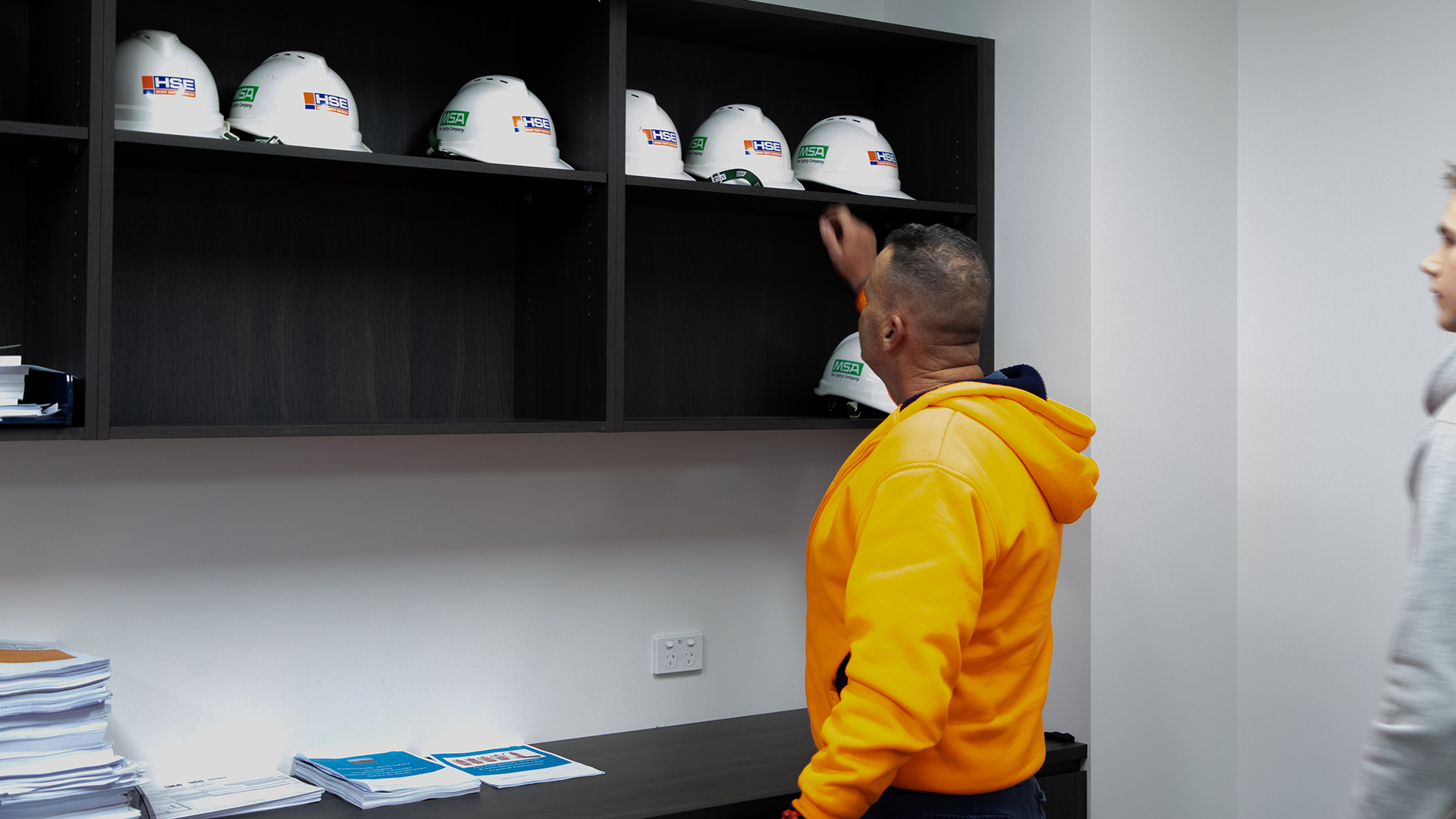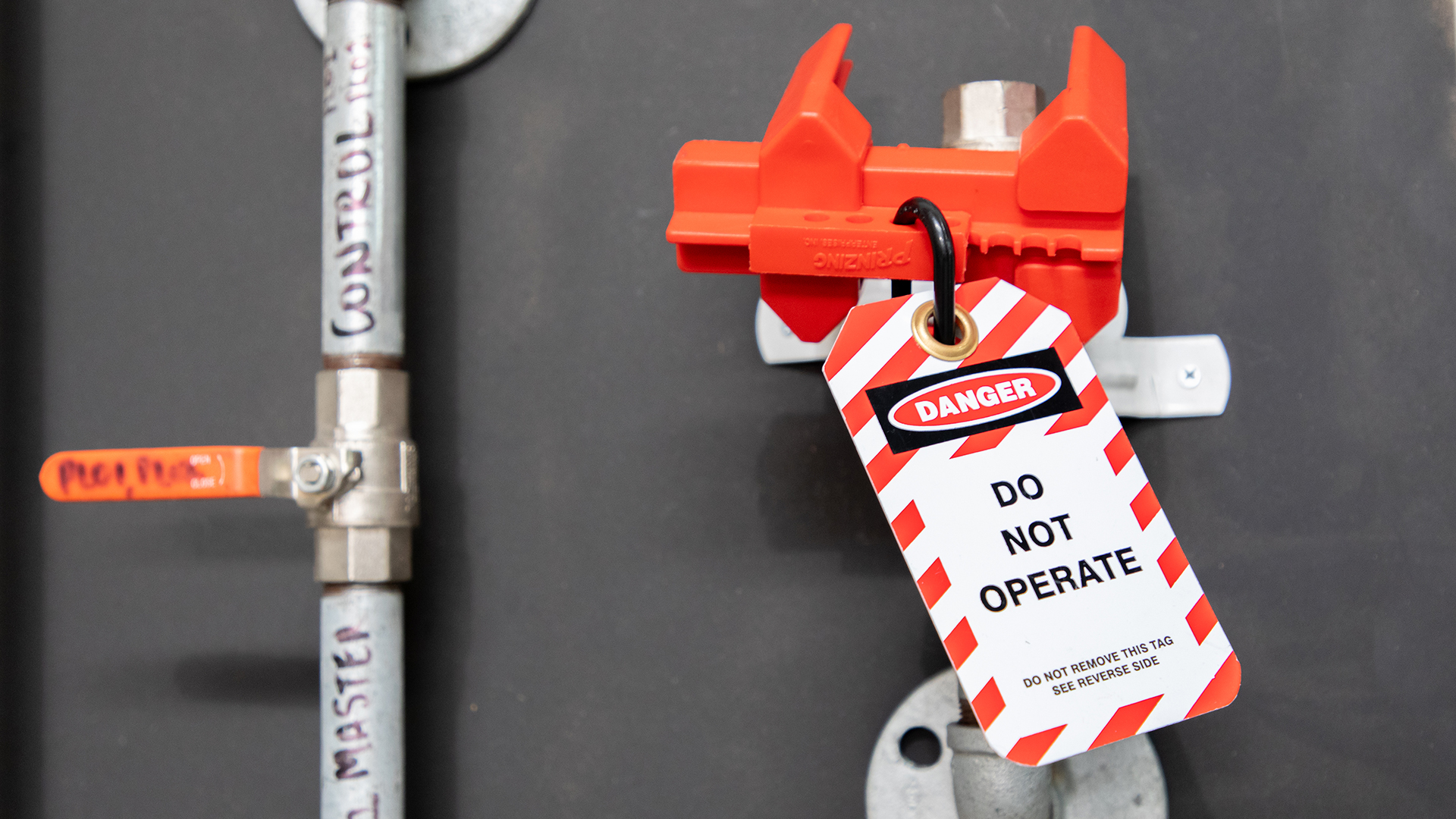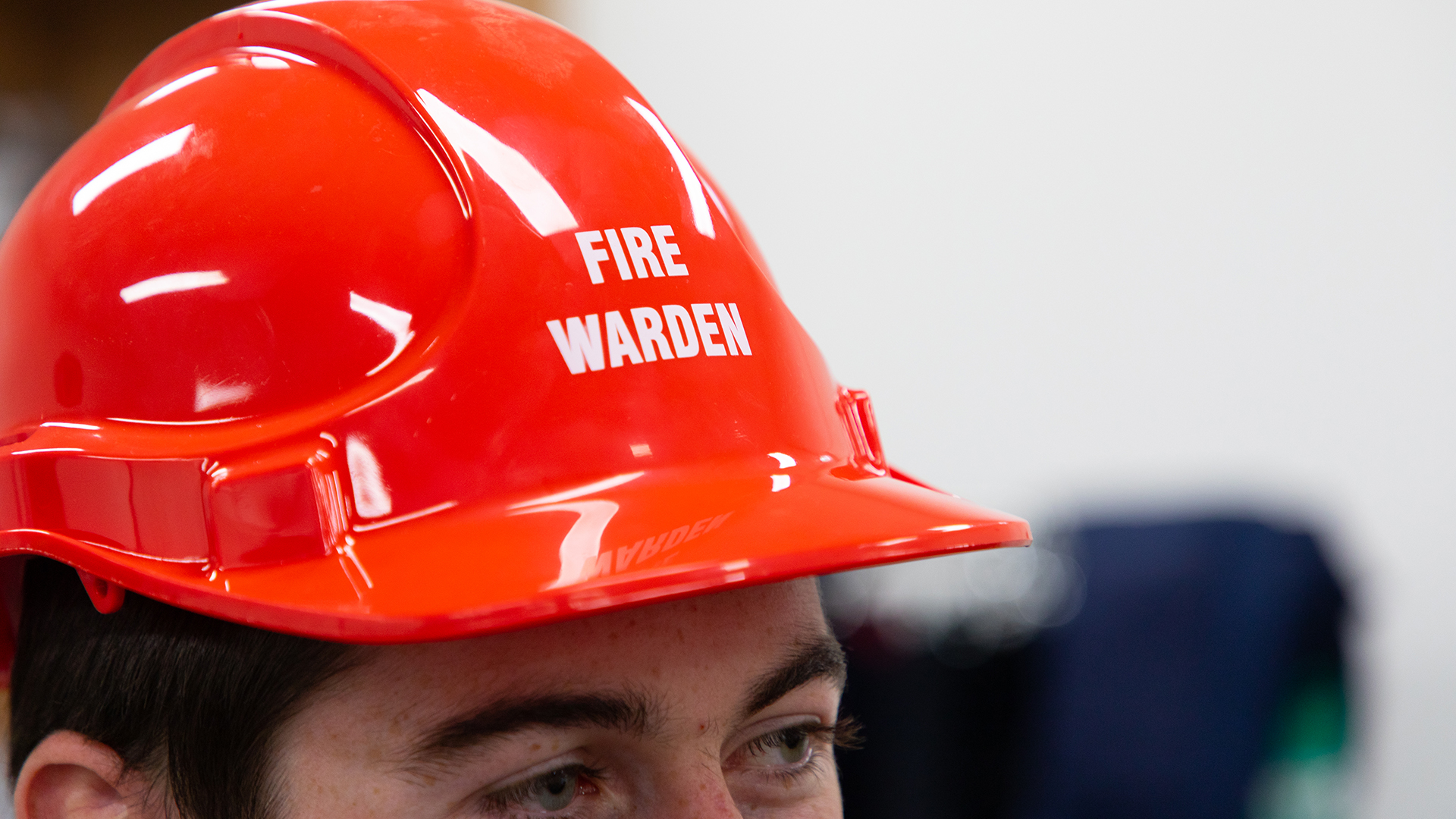TLID0020 Shift materials safely using manual handling methods
Injuries sustained from incorrect technique when manually shifting loads effect workers across a range of industries and can be easily mitigated.
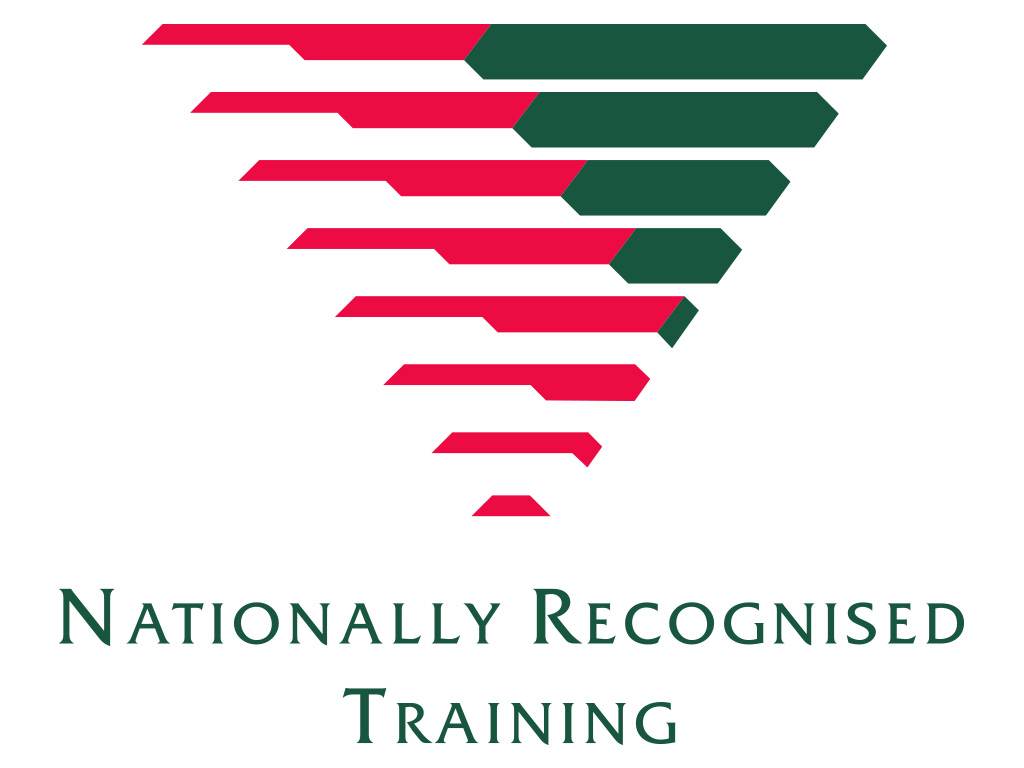
Lifting heavy loads, repetitive movement and other manual tasks can lead to injuries to a worker’s musculoskeletal system. These injuries are often very painful, and in some cases can still be felt long after an incident has occurred.
Any person conducting a business or undertaking (PCBU) is required by law to provide a safe workplace and safe systems of work – this extends to ensuring workers are protected from the risks associated with manual handling.
Manual handing training is a short course that teaches participants how to identify risks associated with lifting heavy items and undertaking repetitive work and provides best practice skills on how to do so safely. It also teaches how to use lifting equipment and other PPE associated with moving items.
For those whose work involves needing to lift, move, push, pull, carry, hold, or restrain objects, then having the training to do so safely is a must.
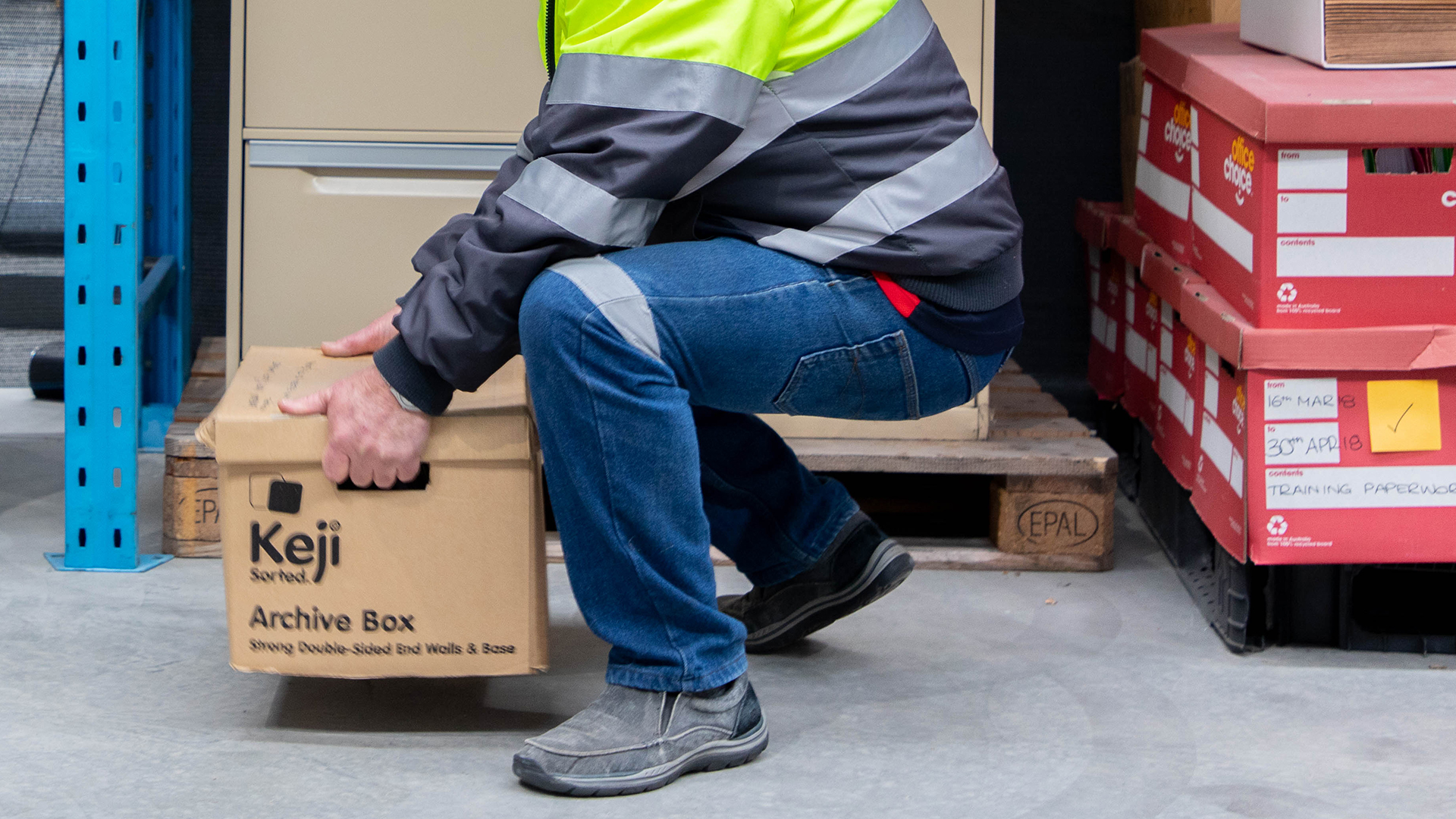
About this course
This manual handling training course is designed to raise awareness of Musculoskeletal Disorders and their impact, how to reduce risk of manual handling injuries, risk factors and principles of safe manual handling.
Duration: Half-day (4 hours)
Student/trainer ratio: 15:1
Course objectives and content
- Follow manual handling safe work procedures to minimise the risk of injury.
- Identify work health and safety (WHS) manual handling hazards.
- Undertake a manual handling risk assessment.
- Appropriate posture and use manual handling techniques to reduce muscle load on exertion.
- Utilise appropriate personal protective equipment (PPE).
- Use manual handling lifting devices safely.
- Undertake safe manual handling work practices for handling loads.
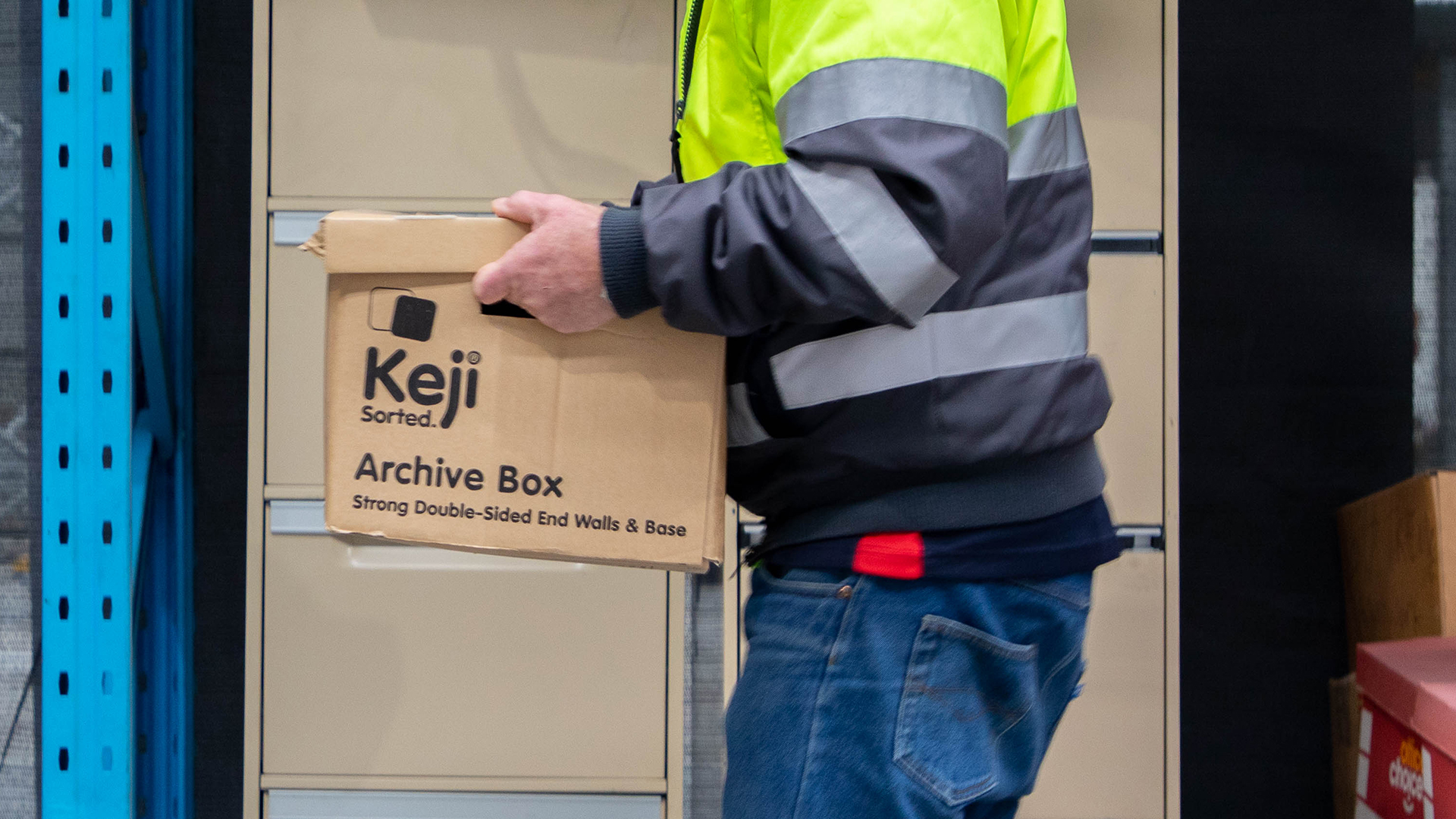
Qualifications for successful participants
Statement of attainment in:
TLID0020 Shift materials safely using manual handling methods
TLID0020 Shift materials safely using manual handling methods FAQs
A person’s musculoskeletal system is made up of the the muscles, bones, joints and all the connective tissue and ligaments that hold it all together. Injuries to the musculoskeletal system can be incurred in numerous ways, including straining, repetitive movements, and unexpected movements.
There are several types of injuries that can be incurred including:
- Back injuries
- Compression and nerve injuries such as carpel tunnel syndrome
- Soft tissue injuries like hernias
- Sprains of muscles, tendons, and ligaments
While many injuries are acute, or short term, there are many that can continue to impact a person over a long term. In some cases, injuries could be felt for a person’s entire life. It is vital that employers, managers, and team members all work to ensure risks of these types of injuries are mitigated as much as possible in every workplace.
Any persons who in their workplace is or may be required to lift, move, push, pull, carry, hold, or restrain objects. This may include any person from entry level to senior management.
